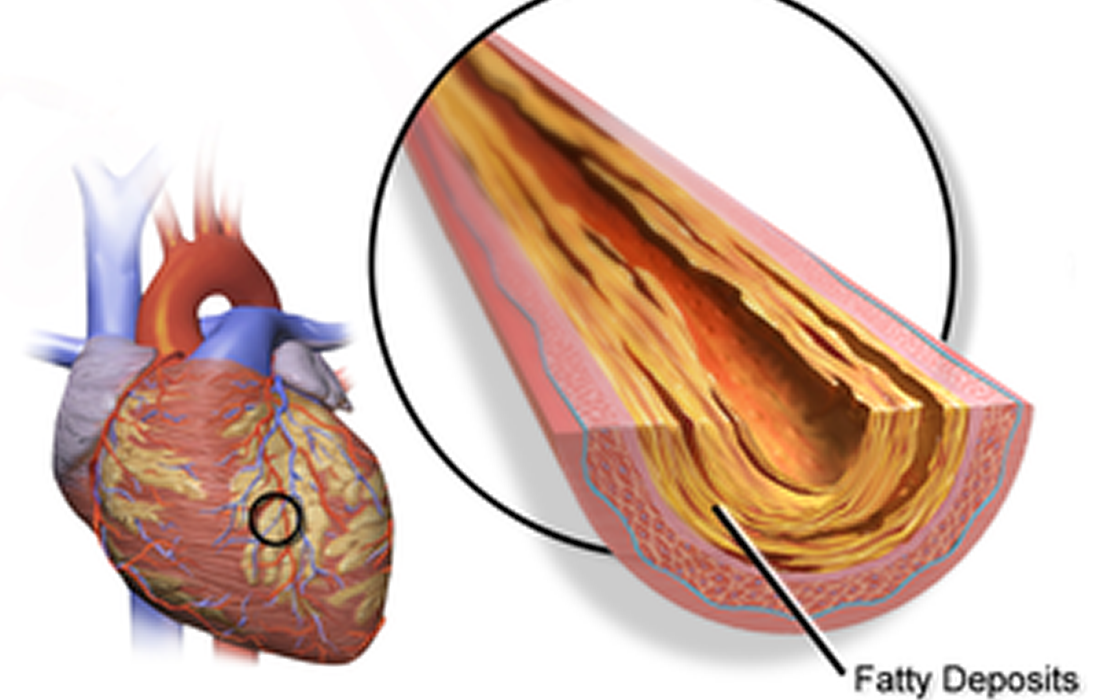Stem Cell Therapy for Specific Conditions
Mesenchymal Stem Cell Therapy for Ischemic Tissues
Ischemic heart disease is the leading cause of death worldwide. It manifests clinically as myocardial infarction and ischemic cardiomyopathy. It is also one of the leading causes of disability and human suffering globally. Hence the importance of having a therapy that could decrease the morbidity and mortality of it.
Another ischemic disease of clinical importance is the ischemic stroke which accounts for 87% of all strokes according to the American Stroke Association.
Reperfusion therapy, both via medication or surgery, is the common approach to treat the symptoms of these diseases. Both can cause undesirable side effects and surgery also has an associated risk of complications, and certain conditions are prone to recurrence. They both can restore the functions of arteries, but they cannot promote the regeneration and functional recovery of the surrounding tissues affected by ischemia.
One of the treatments that has been studied is the use of human mesenchymal stem cells (hMSCs) that have shown properties such as suppression of inflammation within the ischemic cardiac tissue through their potent immunomodulatory capabilities, promotion of angiogenesis both in the heart and in the brain and enhancing neurogenesis in the . It has been recently identified also the use of cardiac adipose tissue as a source of MSCs.
Following a successful reperfusion therapy, the transplantation of hMSCs reduces the infarct size and improves the heart contractility with a low risk of adverse effects. It has also shown that transplantation of hMSCs after an ischemic stroke reduces the volume of the lesion and promotes neurological functional recovery.
Altogether the therapy with mesenchymal stem cells has demonstrated a potential in the treatment of these conditions due to their excellent properties in immunomodulation, angiogenesis and secretion of growth factors that has to continue being studied in order to be widely used in clinical practice.
Source:
Kar Wey Yong, et al. 2018. Mesenchymal Stem Cell Therapy for Ischemic Tissues. Hindawi Stem Cells International. Volume 2018. 11 pages.
Source link: https://www.hindawi.com/journals/sci/2018/8179075/

